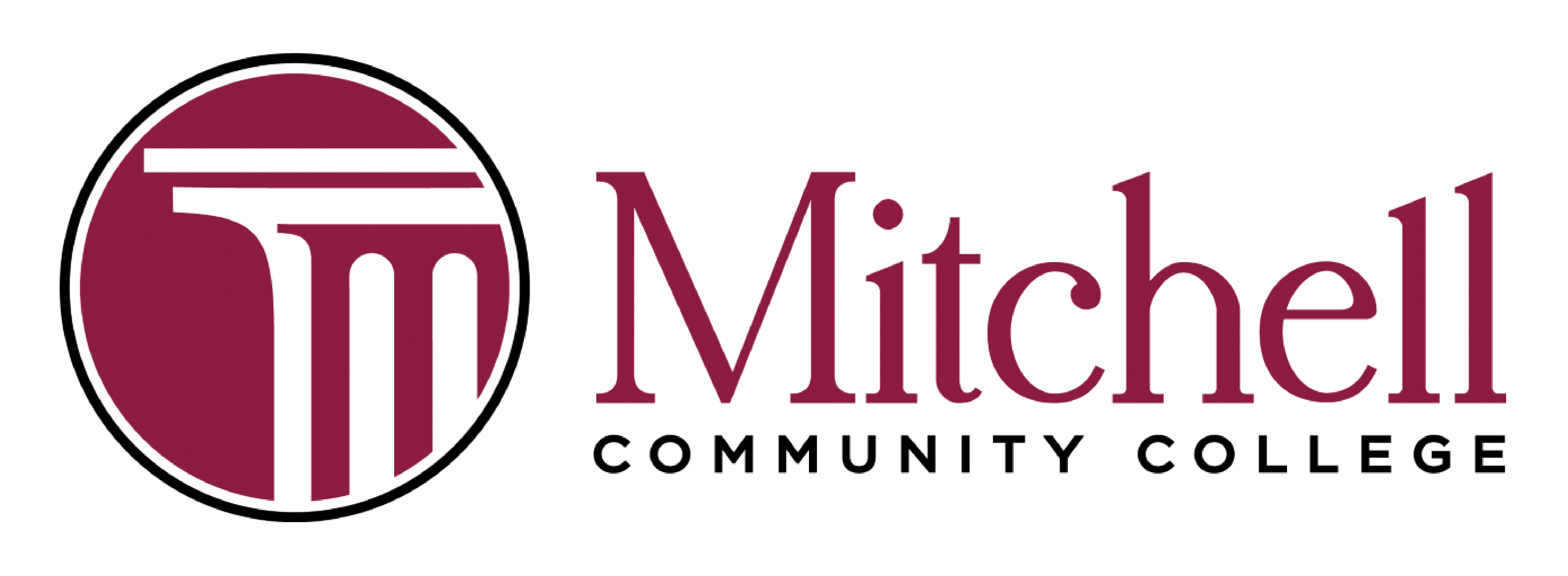
Benefits forMitchell Community College
Congratulations on your new employment! Your employment means more than just a paycheck. Your employer also provides eligible employees with a valuable benefits package. Below you will find information about how to enroll in these benefits as a new employee.
Flex and Colonial – Please call the Service Center within 30 days of your date of hire. The Service Center number is located on the contact page of this microsite.
All Other Benefits – Please contact your Benefits Department within 30 days of your date of hire.
Be sure to also review your group’s custom benefits microsite, that allows for easy, year-round access to benefit information, live chat support, benefit explainer videos, plan certificates and documents, and carrier contacts and forms.
Flexible Spending Account (FSA)
An account for setting aside tax-free money for healthcare expenses.
Use the below information to determine if a Flexible Spending Account (FSA) is right for you and how to best take advantage of an FSA account.
How It Works
When you enroll in a Flexible Spending Account (FSA) you get to experience tax savings on qualified expenses such as copays, deductibles, prescriptions, over-the-counter drugs and medications, and thousands of other everyday items.
The Value & Perks
– Election Accessibility: You will have access to your entire election on the first day of the plan year.
– Save On Eligible Expenses: You can save up to 40% on thousands of eligible everyday expenses such as prescriptions, doctor’s visits, dental services, glasses, over-the-counter medicines, and copays.
– Keep More Money: The funds are taken out of your paycheck “pre-tax” (meaning they are subtracted from your gross earnings before taxes) throughout the course of the year. Let’s say you earn $40,000 a year and contribute $1,500 to an FSA; so, only $38,500 of your income gets taxed. That means you are increasing your take-home pay simply by participating!
– Easy Spending and Account Management: Employees will receive an Ameriflex Debit Mastercard linked to their FSA. Employees can use their card for eligible purchases everywhere Mastercard is accepted. Account information can be securely accessed 24/7 online and through the mobile app.
Eligible FSA Expenses
The IRS determines what expenses are eligible under an FSA. Below are some examples of common eligible expenses:
– Deductibles
– Copays
– Prescriptions
– Teeth cleaning
– LASIK
– Glasses and contact lenses
– Band-aids
– Sunscreen
– Over-the-counter medicine (prescription required)
– Feminine menstrual care
For a full list of eligible expenses, go to myameriflex.com/eligibleexpenses.
The “Use-or-Lose” Rule
If you contribute dollars to a reimbursement account and do not use all the money you deposit, you will lose any remaining balance in the account at the end of the eligible claims period. This rule, established by the IRS as a component of tax-advantaged plans, is referred to as the “use-or-lose” rule.
To avoid losing any of the funds you contribute to your FSA, it’s important to plan ahead as much as possible to estimate what your expenditures will be in a given plan year.
Modification to the Health FSA “Use-or-Lose” Rule:
– FSA plan participants should note that up to $550 of any unused funds from the current plan year will be rolled over into your FSA balance for the new plan year.
– The rollover modification applies to Health FSA plans only (and not to other types of FSA plans such as dependent care).
– The rollover does not affect the maximum contribution amount for the new plan year. In other words, even if you roll over the entire $550 from the previous plan year, you may still elect up to the maximum contribution limit allowed under your employer’s plan.